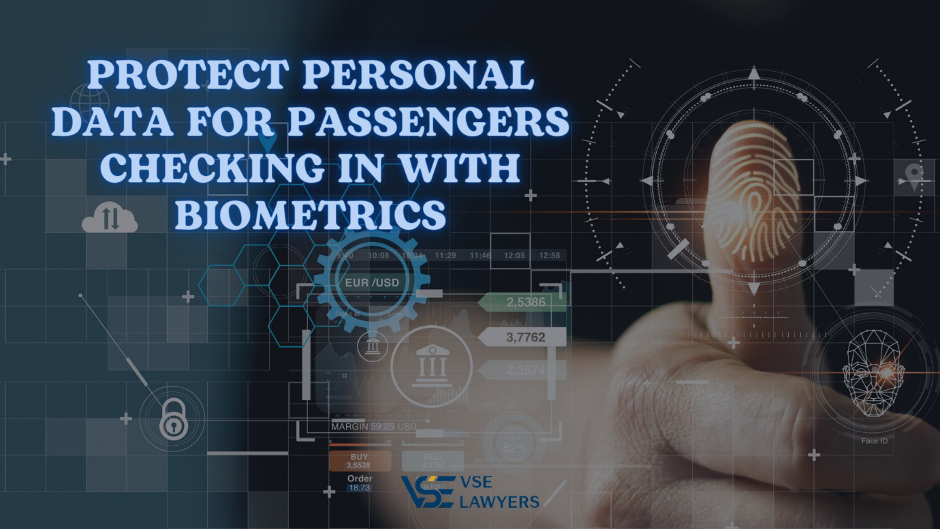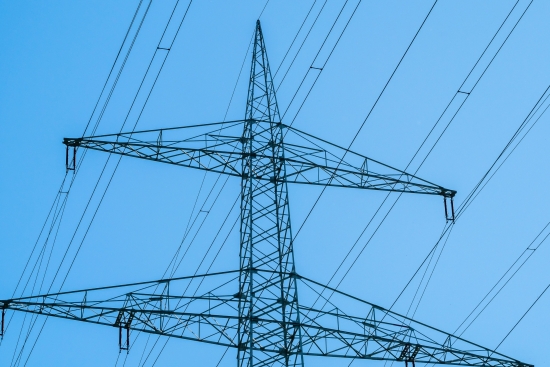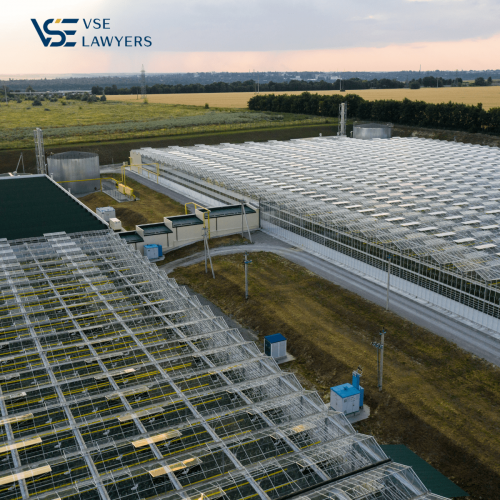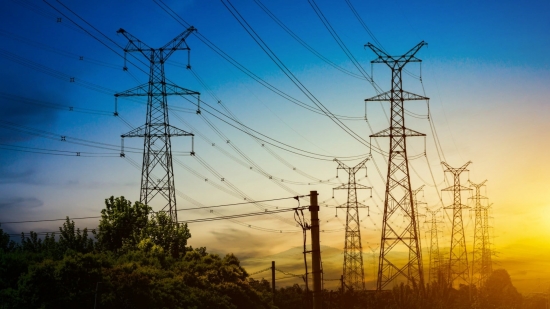PROTECT PERSONAL DATA FOR PASSENGERS CHECKING IN WITH BIOMETRICS
Recently, Vietnam has actively digitized citizens' personal data with the VNeID application and has since piloted the implementation of procedures through this application. Among them, the highlight is the implementation of flight procedures using biometric. However, this can lead to many problems in revealing passenger information and identities when doing so. Therefore, we need to pay attention to the security of personal data for passengers checking in using biometrics.
05/01/2024

- Legal basis
- Decree no. 13/2023/ND-CP on protection of personal data
- Decree no. 59/2022/ND-CP on electronic identification and authentication
- Overview on protecting personal data for passengers checking in with biometrics
- What is biometrics?
Biometrics is a science that uses human biological characteristics to identify that person. These biological characteristics can include fingerprints, iris, face, voice, skin patterns, etc.
Biometrics or more specifically, each person's personal identity is different and is used to authenticate that individual's identity. According to the provisions of Article 7 of Decree 59, Vietnamese citizen’s eID contains the followings:
1. Personal information:
a) Personal identity number;
b) First, middle and last name;
c) Date (day, month, year) of birth;
d) Gender.
2. Biometric data:
a) Personal portrait;
b) Fingerprint.
According to the provisions of Article 7 of Decree 59, Foreigner’s eID contains the followings:
1. Personal information:
a) ID number;
b) Last, middle and first name;
c) Date (day, month, year) of birth;
d) Gender;
dd) Nationality;
e) Number, sign, date (day, month, year), type of paper and place of issue of passport or other international travel document.
2. Biometric data:
a) Personal portrait;
b) Fingerprint.
2. Using biometrics for carrying out flight procedures
From August 2, 2023, the Vietnam Aviation Administration officially deployed the use of level 2 of VneID accounts for airline passengers on domestic flights at all airports within the country.
According to the representative of the International Airport, the use of level 2 electronic identification accounts on the VneID application helps facilitate management at the airport, minimize security risks and save time, and improve operational efficiency when applying digital technology to airport operations.
III. Protect personal data for passengers checking in with biometrics
- To the agency carrying out the procedure
Equipment implementing biometric flight procedures must be checked by the Ministry of Public Security to ensure security and safety and affixed with security stamps before being put into use. In addition, the law requires that such data be kept only for a period of time suitable for data processing. According to the provisions of Article 39 of Decree 13/2023, the party processing personal data in case passengers check in using biometrics has the following obligations:
- Only receive personal data after having a contract or agreement on the processing of personal data with the Personal Data Controller.
- Process personal data under the contract or agreement concluded with the Personal Data Controller.
- Fully implement measures for protecting personal data complying with the law
- Be responsible to the data subject for damage caused by the processing of personal data.
- Delete or return all personal data to the Personal Data Controller after completing the processing.
- Cooperate with the Ministry of Public Security and competent authorities in protecting personal data and providing information serving investigation and handling of violations against the law on protection of personal data.
- To the passengers
Passengers performing biometric check-in need to know and agree that their personal data will be collected and processed for check-in. In addition, individuals also have the following obligations:
- Protect his/her own personal data; request relevant organizations and individuals to protect his/her personal data.
- Respect and protect others’ personal data.
- Fully and accurately provide his/her personal data when he/she consents to the processing.
- Participate in dissemination of personal data protection skills.
- Comply with regulations of law on protection of personal data and prevent violations against regulations on protection of personal data.
----------
For more information, please contact:
Hoang Pham (James) / Managing Partner at: hoang.pham@vselawyers.com
© 2023 VSE LAWYERS LIMITED LIABILITY LAW COMPANY – All rights reserved.
Attention: This legal update is not an advice and should not be treated as such.
Subscribe To Legal Advice from VSE Lawyers
If you would like to have any legal questions, please contact us for our advice




